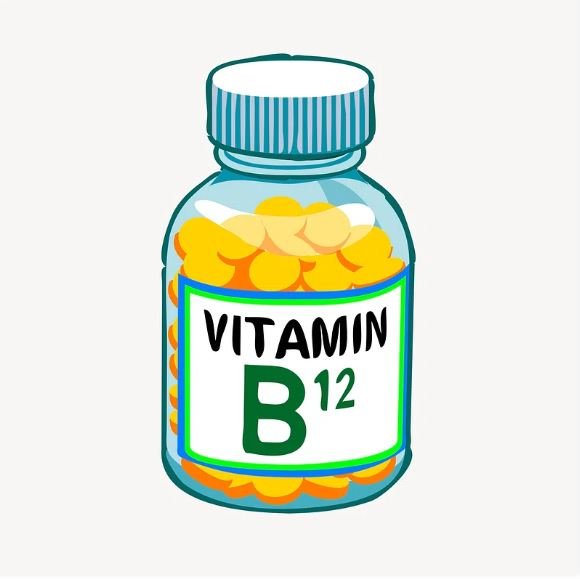Vitamin B12 deficiency can cause depression

Vitamin B12 deficiency is more common than you think. And this is because this vitamin is mainly found in products of animal origin. What symptoms indicate a vitamin B12 deficiency?

Certain nutritional deficiencies, especially vitamin B12, can affect our nervous system, sometimes leading to depressive state. What are the ways to check the level of this vitamin in our body and in what products can we find it? These
Table of Contents
Vitamin B12 – deficiency symptoms
The vitamin B12 deficiency manifests itself in many ways. These are some of the most characteristic:
- Fatigue is one of the first signs of a vitamin B12 deficiency. This is because this vitamin is necessary for the production of red blood cells that carry oxygen to the organs. If there is not enough oxygen in the cells, we will feel tired no matter how long we sleep. During the day there will be a feeling of drowsiness and lack of energy to work.
- Low oxygen levels in cells can cause numbness and tingling in the extremities.
- A vitamin B12 deficiency also causes significant memory problems, regardless of age. In older people, it can be confused with dementia. However, symptoms disappear when vitamin B12 levels are adjusted.
- Dizziness is another symptom of vitamin B12 deficiency. In this case there may be trouble keeping your balance.
- Pale skin is another sign that can indicate a vitamin B12 deficiency. It can also happen that the skin takes on a yellow tone.
- When having a severe vitamin B12 deficiency, the tongue can become smooth and red. This is because the papillae on the tongue disappear. This causes problems distinguishing the flavors.
- Lack of vitamin B12 also affects mood. If we suffer from a deficiency, we may be sad or irritable. This is because vitamin B12 is involved in the synthesis of serotonin and dopamine.
- In extreme cases, a lack of B12 can damage the optic nerve or obstruct the blood vessels in the retina, causing blurred vision, double vision, sensitivity to light, and even vision loss.
How to get vitamin B12?
Vitamin B12 can be found mainly in products of animal origin, although it is also present in foods of plant origin.
The average recommended intake of vitamin B12 for an adult is about 2.5 micrograms per day. In the case of a traditional diet and the lack of factors that interfere with the absorption of vitamin B12 from the gastrointestinal tract, there should be no development of deficiency. However, this applies to the standard feeding model, which does not exclude animal products.
What is the greatest source of vitamin B12? Certainly, in meat and offal.
Vitamin B12 content in meats
The average content of this compound in 100 g of product is:
- fish: 5-20 micrograms;
- eggs: 1.6 micrograms;
- beef: 1.4 micrograms;
- turkey meat: 0.7 – 1.4 micrograms;
- pork: 0.6 – 0.7 micrograms;
- chicken meat: 0.4 micrograms.
Subjecting products containing vitamin B12 to heat treatment can reduce the content of this valuable vitamin in the diet by up to several dozen percent.
The content of vitamin B12 in plant products
There is a lot of conflicting information on the content of vitamin B12 in plant products. Some sources say that you can find vitamin B12 in algae, spirulina, and yeast. In fact, these products do not contain this compound or only contain biologically inactive forms. Therefore, people who follow a vegan diet should look to other sources. The content of vitamin B12 in the vegan and vegetarian diet will increase with products enriched with vitamin B12: vegetable milk, cereals and cereal bars, among others.


